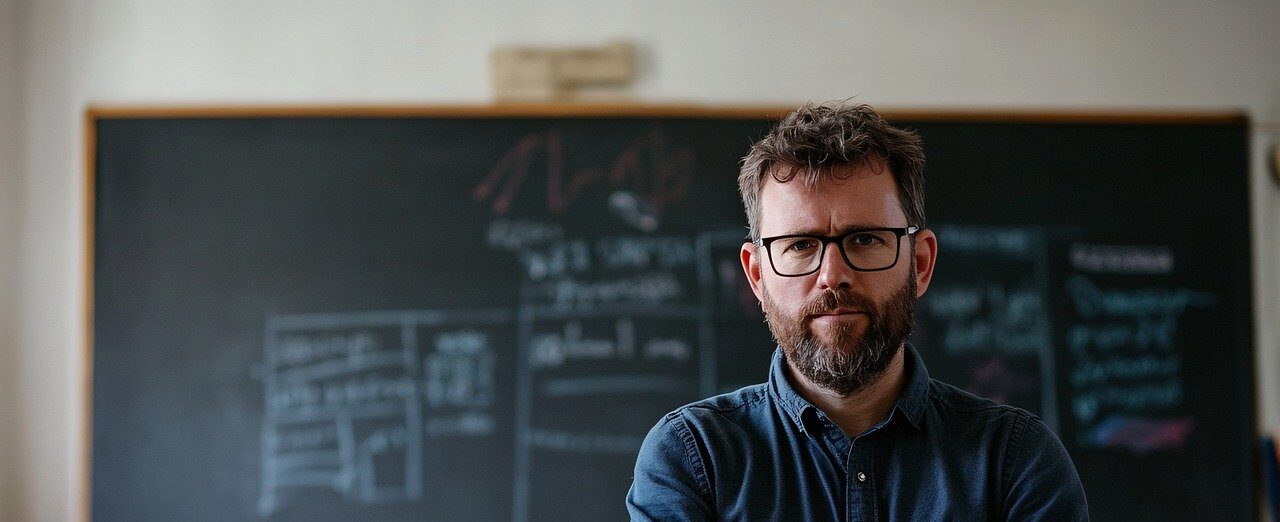WhatsApp us: +1 (954) 710-3904
Culture & Ethical Issues Imagine you are the CEO of a multinational corporation. What ethical issues come to mind based on this case and relate the contrasting cultural values present to the case? What laws would govern this international business opportunity and why? What issues would you foresee related to business and social customs?
Check tips on how to do your Online Assignment Help.
2. What is the “real as well as obvious dilemma” that you think Joseph is writing about?, What are ALL the perspectives that need to be taken into account in order to arrive at a solution to this dilemma–some are not as obvious as you may think?,
3. Imagine yourself as a reporter for the International Herald Tribune writing a comprehensive article on Hoodia Gordonii., Who would you interview?, What issues would you make sure to cover in your story? Culture & Ethical Issues
“The Case of Hoodia” concerns bioprospecting. Bioprospecting refers to the centuries-old practice of collecting and screening plant and other biological material for commercial purposes, such as the development of new drugs, seeds and cosmetics. Biopiracy is a negative term referring to the claiming of legal rights over such biological material, usually by means of patents, without compensation to the groups who discovered and originated the knowledge of this material. Graham Dutfield has described fundamentally different views on biopiracy as follows:
In countries like India, the predominant view is that the nation itself is the “victim” of biopiracy. For Africa, the perception seems to be that the continent as a whole is prey to the biopiracies. But in the Americas, Australia and New Zealand, the victims are seen generally as indigenous peoples who usually–though not always–represent minority populations. Culture & Ethical Issues
Comment on Dutfield’s possible reasons for drawing these conclusions.
5. Donald O’Reilly, archeological advocate, has said, “We see tourism and film as the best way to preserve Cambodia’s rich archaeological heritage.” In contrast, John Stubbs of the World Monuments Fund has said, “Tourism is already out of control, and unless the Cambodian government takes some pretty radical action to rein it in much of Angkor’s magic and heritage could be lost forever.” And documentary film writer and director, Mikal Ansessi believes that film is the only way to preserve and share magnificent world wonders with the everyday person. Given your knowledge of the forces currently affecting our world (historical, economic, political, social, environmental, etc.), do you think it is possible for Cambodia to preserve its cultural heritage through tourism and film? Support your opinion with evidence of your knowledge of the forces affecting this issue. Can film and tourism help or hinder the dilemma?



